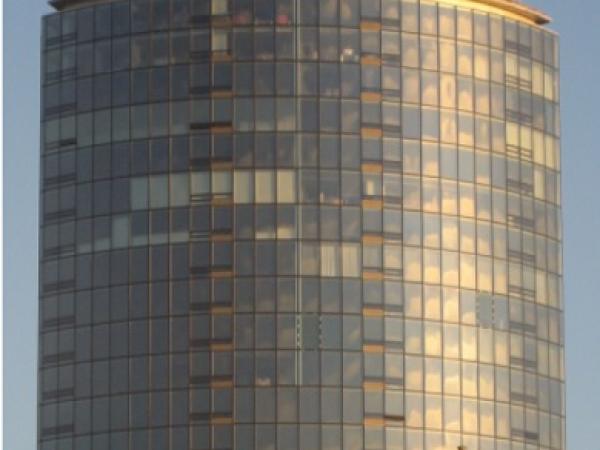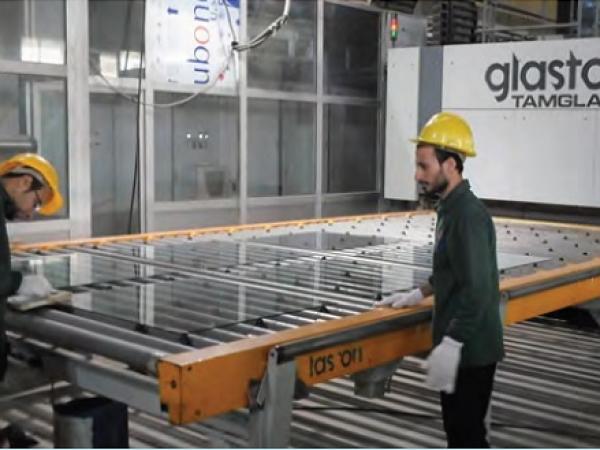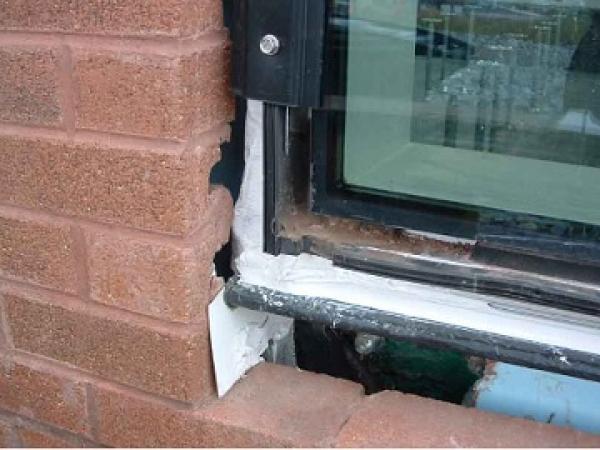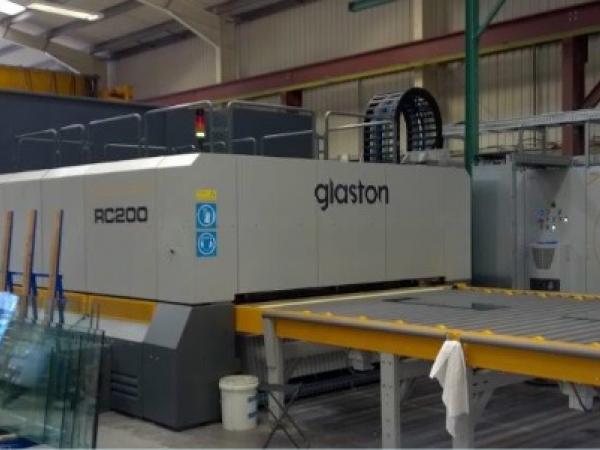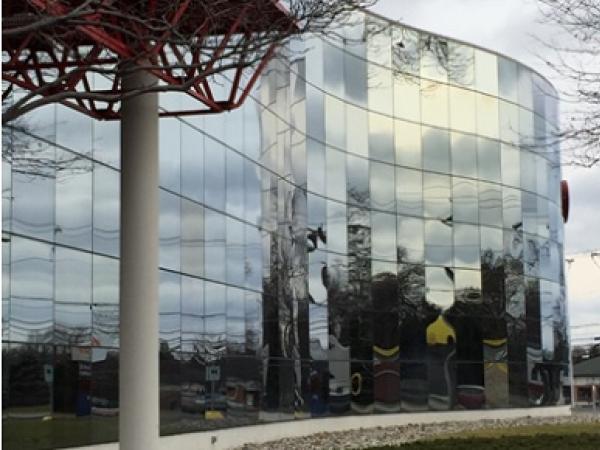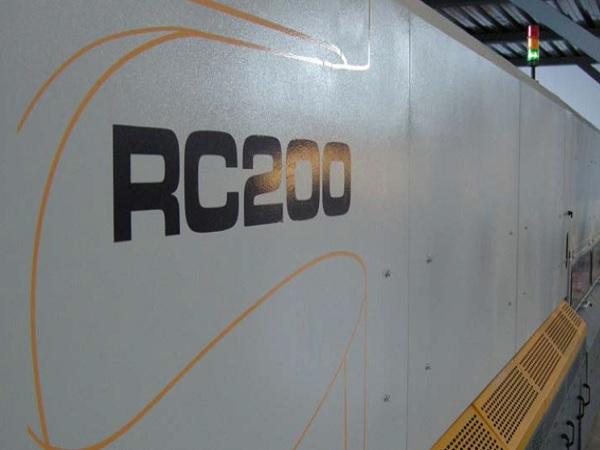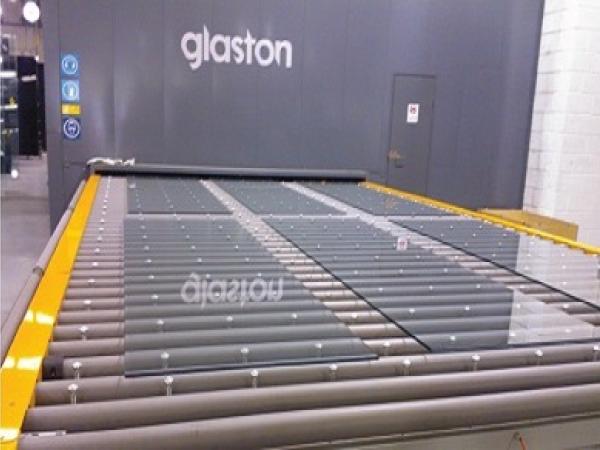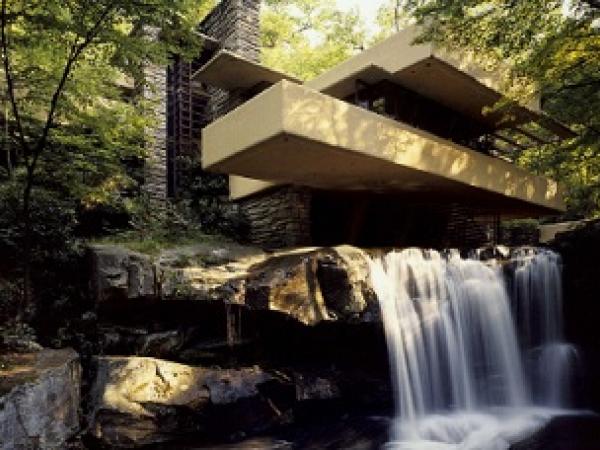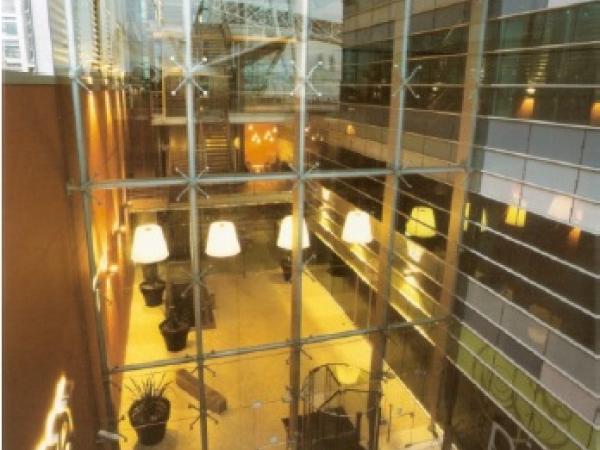Others also read
| “Thank you for all the services your company has provided for us. We really appreciate all, the great installation and startup of the RC200™. We are very happy with the outcome of our new furnace.”
| Touchscreen displays, LED technology and ultra-thin glasses: The multifunctional diversity of glass in IT and architecture will, in the long term, lead to a combination of both.
| A desire for more thermally efficient glazing systems has led the development of new proprietary triple and even quadruple glazed insulated glazing units (IGUs) to be used in some buildings.
| “UniGlass is committed to stay at the forefront of the technological trends. We want to make sure we can offer our customers the total range of glass products that they need for their projects.”
| For the past five years, Nile Aluminium & Metals Company, or AluNile, has had very positive experiences with Glaston's first FC500™ tempering furnace sold outside Finland.
| Curtain wall, storefront glass, and windows are everyday parts of building design and construction. Like all parts of a building exterior, glazing elements have to meet the fundamental functional
| Being highly focused on flat glass processes for partitioning used in the office industry, Tufwell Glass Ltd has carved out a unique and resilient position for itself in southeast region of England.
| Glass, a material with the unique property to let light inside an area, is normally used in building practice as just an enclosure. Its use in facades is also due to its chemically inert properties; it can be cleaned easily and remains good for many years.
| Spandrel glazing has developed to a stage where more efficient insulation can generate higher thermal stresses than can normally be resisted by heat strengthened (HS) glass on which ceramic enamel (frit) has been applied.
| After 10 years of experience with the Glaston HTF 2142 furnace, Paul Buckley, Managing Director of the PJB Glass Group, decided to complement his flat glass production offering by investing in a Glaston RC200™ furnace.
| Sanshiba Shozai of Japan chose to be the first glass processor in the world to invest in Glaston’s latest GlastonInsight™,the intelligent online assistance system, at the same time as it ordered the Glaston RC350™ tempering furnace.
| Over half the world’s seven billion inhabitants live in cities, by the year 2050 the number will grow to almost ten billion. In order to avoid a climatic collapse in the metropolises, there is no other alternative to energy-efficient buildings.
| In just two and a half decades glass has very quickly made the transformation from simple window glass to an almost universally applicable material.
| Cities are eating up an increasing amount of heat and electricity. In order to reduce this consumption, buildings have to become increasingly efficient and integrate more renewable energies.
| The crisis of the photovoltaic industry is drawing to a close. While it is true demand for solar modules is dropping in Europe, demand in many other regions is rising rapidly.
| Finding ways to improve energy efficiency is one of the greatest challenges facing contemporary architecture.
| Although the costs for solar power have come down considerably lately, photovoltaics are still unable to compete with conventional energy sources.
| Thanks to on-going research and development efforts glass products can take on ever new functions.
| Frank Lloyd Wright's reasoning for the building design was that he wanted the Kaufmann family to live with the waterfalls, to make them part of their everyday life, and not just to look at them now and then.
| Currently modern facade buildings rely on glazed curtain wall systems. These systems include either singular aluminium alloy frame glass curtain walls or frameless glass curtain walls. This is the case of the so called spider fixing systems, which are pointed supported.
| A report has been commissioned by Thermoseal Group and produced by an independent warm edge consultant that shows a comparison of the thermal performance through the edge of insulated glass, including: Warm Edge Spacer Bar, Desiccant, PIB and Sealant.
| Melting glass is a very energy intensive process, with process temperatures of more than 1600°C required to melt the raw materials in the furnace.
| An Introduction to Design and Performance by Dr. Cenk Kocer - University of Sydney, School of Physics, Sydney 2006
| Transposing the EPBD in national laws, why it is so important for the glass industry?
| Everyone in Germany knows the expression “yellow angel”, and most of its 17 million members have already made use of the organization's road assistance service at least once: it is the largest automobile club in Europe, the ADAC.



